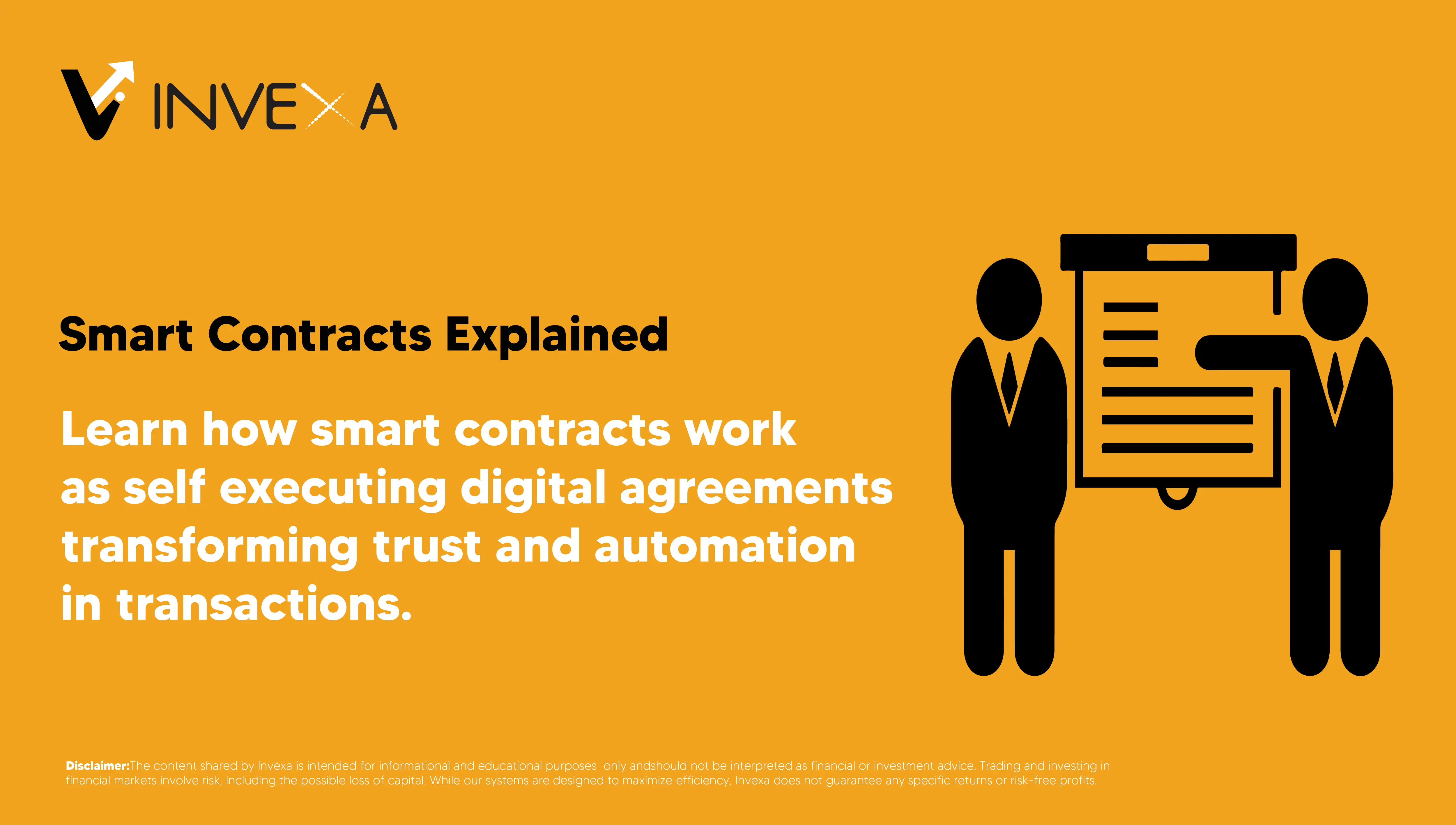
Explore smart contracts self executing digital agreements powered by blockchain. Learn how they work their benefits like automation and security real world uses challenges and their potential to transform business transactions.

In today’s world we deal with contracts all the time whether it’s renting an apartment signing up for a service or making a deal in business. But what if these contracts could execute themselves automatically enforcing the terms and conditions without the need for lawyers or middlemen? Enter smart contracts a game changer in how we think about agreements.
Simply put a smart contract is a self executing contract where the terms of the agreement are written into code. When both parties agree to the contract it automatically executes actions when certain conditions are met. It’s like a vending machine for agreements. You put in the right "inputs" (in this case the agreed upon conditions) and you get the "output" (the action or payment) without needing to go through extra steps.
Smart contracts are powered by blockchain technology which ensures that the contract is secure transparent and can’t be tampered with once it’s created.
Imagine you’re buying a car using a smart contract. Here’s how it might work:
Smart contracts run automatically. There’s no need for paperwork waiting for approvals or relying on third parties to enforce agreements. This makes everything faster and more efficient.
Since there’s no need for lawyers notaries or other intermediaries smart contracts can save both parties time and money.
Blockchain technology makes smart contracts nearly impossible to alter or hack. Once a contract is written and deployed it’s secure transparent and permanent.
Because smart contracts are written in code they eliminate the chances of human error. Both parties know exactly what to expect which builds trust in the process.
While smart contracts have a lot of potential they’re not perfect. Here are some challenges:
Smart contracts are still evolving but their potential is vast. As more businesses adopt blockchain technology and legal systems around the world begin to recognize these digital agreements smart contracts could become the standard way of doing business.
In the future we could see them used in everyday transactions from buying groceries to handling legal disputes streamlining everything from start to finish.
Smart contracts represent the future of digital agreements automated secure and transparent. By eliminating middlemen and reducing human error they make transactions faster cheaper and more efficient. As technology advances we’re likely to see them playing a bigger role in how we interact with everything from financial services to real estate and beyond. If you’re looking for a way to make agreements easier faster and more trustworthy smart contracts could be the solution.